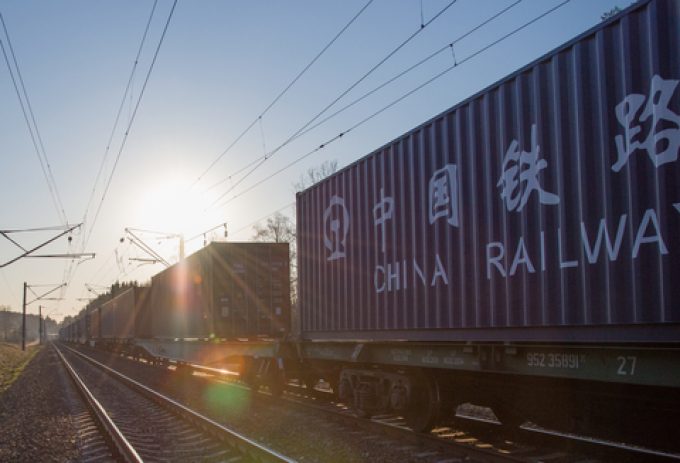US shippers slam USTR port fee plan – 'an apocalypse for trade'
The Trump administration’s plan to revive US shipbuilding by levying hefty fees on China-built or ...

Following the country’s sudden change in Covid policy, rail freight forwarders are expecting smoother supply chains in China.
According to Igor Tambaca, MD of Rail Bridge Cargo, Covid restrictions were seriously hampering the movement of cargo.
He told The Loadstar: “We’re expecting a little boost in the run up to Chinese New Year on stuck orders from China to Europe, as some factories were closed.
“We have seen delayed shipping orders over the past two months, and delayed pick-ups due to the Covid ...
Maersk u-turn as port congestion increases across Northern Europe
Apple logistics chief Gal Dayan quits to join forwarding group
Maersk Air Cargo sees volumes fall as it aims for 'margin in favour of revenue'
Airlines slash freighter capacity post-de minimis, but 'the worst is yet to come'
Houthis tell Trump they will end attacks on Red Sea shipping
Transpac rates hold firm as capacity is diverted to Asia-Europe lanes
MSC revamps east-west network as alliance strategies on blanking vary
India-Pakistan 'tit-for-tat' cargo ban sparks sudden supply chain shocks

Comment on this article